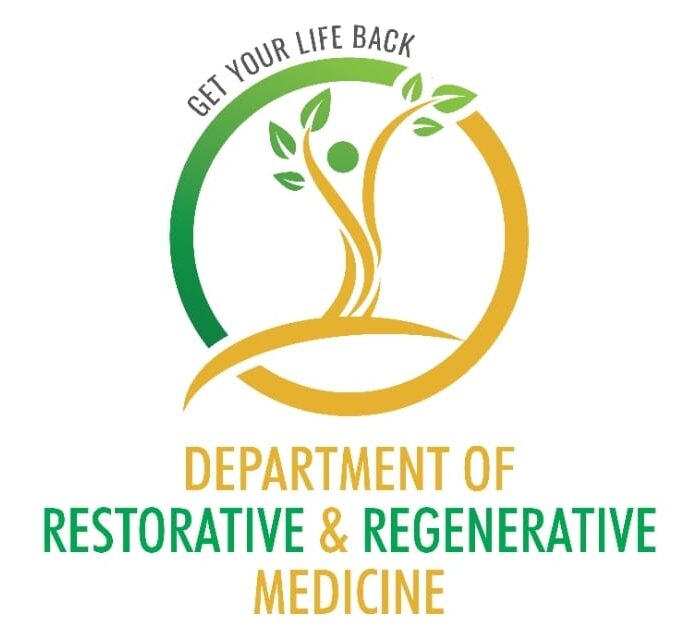Celebrating its 50th year of unwavering commitment, Jaslok Hospital & Research Centre stands tall as one of the oldest tertiary care, multi-specialty Trust hospitals in the country. A trailblazer in the realm of neuromodulation, the hospital has been instrumental in introducing innovative technologies and techniques to India. This milestone year heralds the launch of a groundbreaking program, the first of its kind in the country, promising a futuristic approach to healthcare.
If you are looking for the best hospital for OCD in Mumbai, you have come to the right place. At Jaslok Hospital, we offer the most advanced and effective treatment options for OCD, including transcranial magnetic stimulation (TMS).
With an experienced team boasting over two decades of experience across various fields, Jaslok Hospital offers comprehensive care, establishing itself as the premier OCD treatment hospital in Mumbai.


